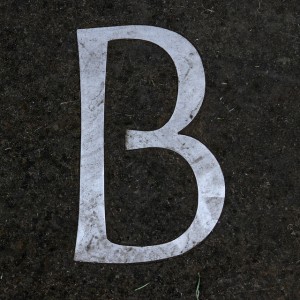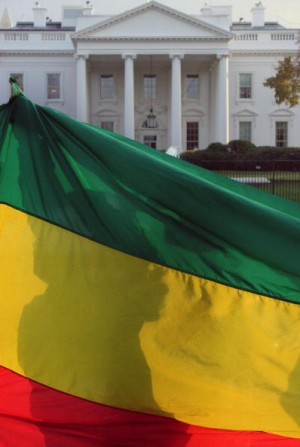Author Touré will be discussing his new book “Who’s Afraid of Post-Blackness?” at Busboys and Poets at 14th and V streets, NW tonight. The book is an interesting read delving into what it means to be black in America today, but even before you get to the meat of it, Touré includes this author’s note:
I have chosen to capitalize the word “Black” and lowercase “white” throughout this book. I believe “Black” constitutes a group, an ethnicity equivalent to African-American, Negro, or, in terms of a sense of ethnic cohesion, Irish, Polish, or Chinese. I don’t believe that whiteness merits the same treatment. Most American whites think of themselves as Italian-American or Jewish or otherwise relating to other past connections that Blacks cannot make because of the familial and national disruptions of slavery. So to me, because Black speaks to an unknown familial/national past it deserves capitalization.
Capitalizing “black” goes against the typical standard used by media outlets and outlined by the AP Stylebook (which DCentric abides by). But some believe both “black ” and “white” should be capitalized to defer respect and equity — Hispanic and Native American are capitalized, after all.
Such grammatical standards aren’t set in stone; it wasn’t that long ago that “Negro” was the preferred term. Sometimes popular word usage slowly evolves, and other times, specific movements seek to influence word usage. For instance, the “Drop the I-Word” campaign is pushing media outlets to stop using the term “illegal aliens.” (The Society of Professional Journalists recently joined their call).
What’s your take: do you believe “black” should be capitalized? What about “white?” Does it even matter?




